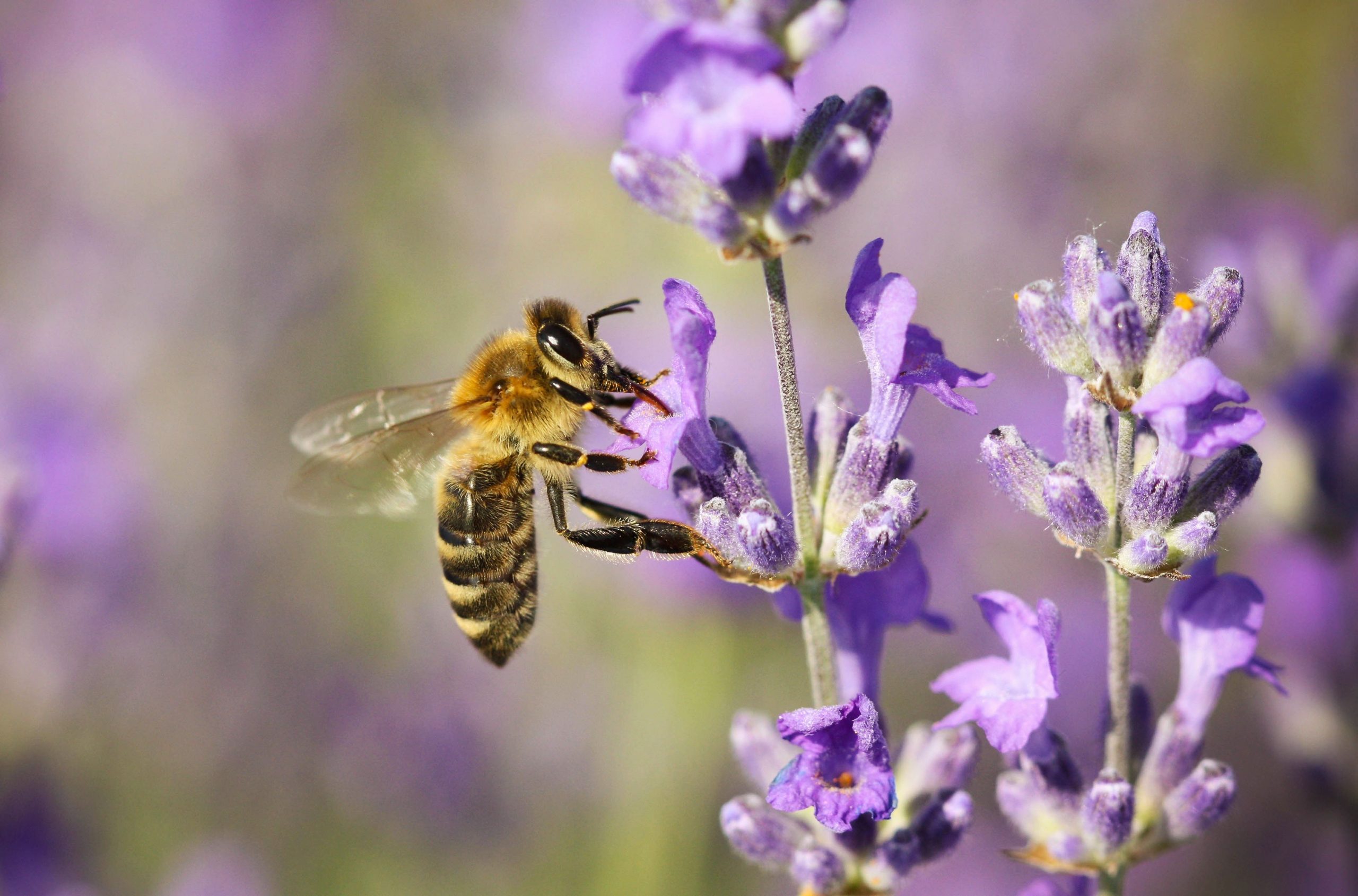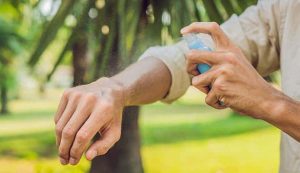Bees are very common and the truth is – we need them!
They are essential for pollination and for producing honey. Pollination specifically – is crucial for us. Bees play a major role in the pollination of plants and crops, and are extremely important commercially for farming practices worldwide. It is an essential service—without pollination, life on the planet would be very different and probably much less diverse.
When it comes to the pros and cons of bees – the pros greatly outweigh the cons.
CONS
Bees come with next to no cons. However – their major con is their stings. For the most part – their sting is just painful. But for those with bee allergies – it can be much more serious. Fortunately, they only sting when they feel threatened, such as when protecting their hive from intruders, or when accidentally stepped on or squished.
For those with a bee allergy – the sting is much more serious. The reaction can range from mild to severe. In extreme cases, a bee sting can cause life-threatening anaphylaxis.
Approximately 5-7.5% of people will experience a severe allergic reaction to insect stings in their lifetimes. For those with severe allergies – an EpiPen is required to be carried at all times.
PROS
The 2 main pros of bees are pollination and honey.
Pollen: Bees help pollinate flowers, vegetables and fruits in the garden by transporting pollen from plant to plant as they collect nectar to bring to their hives. Pollen attaches to the honeybees’ fuzzy bodies and rubs off on flowers from which they collect nectar. The pollen transfer helps plants to reproduce and produce fruit and seeds. If feral bees aren’t available to pollinate flowers and crops, fruit and seed yields will be low. To ensure large yields on commercial farms, farmers may contract beekeepers.
By transporting pollen between flowers and crops, bees are responsible for producing many important crops that humans enjoy daily. In the United States, bees pollinate more than 90 commercial crops. These crops include nuts, fruits and vegetables. The same is true worldwide.
Honey: Bees convert flower nectar into honey and store the honey inside their honeycombs to provide food for newly hatched and overwintering bees. This raw honey is an excellent nutritional supplement rich in antioxidants, minerals and vitamins. Not only is it an alternative to sugar, but raw honey also helps heal wounds on the skin by killing bacteria and preventing infections. Traces of pollen in the honey can even help relieve seasonal allergies in humans.
So – unless you’re allergic – bees are your friend! There is no need to fear them – we need them and they make things much better for us 🙂







Be First to Comment